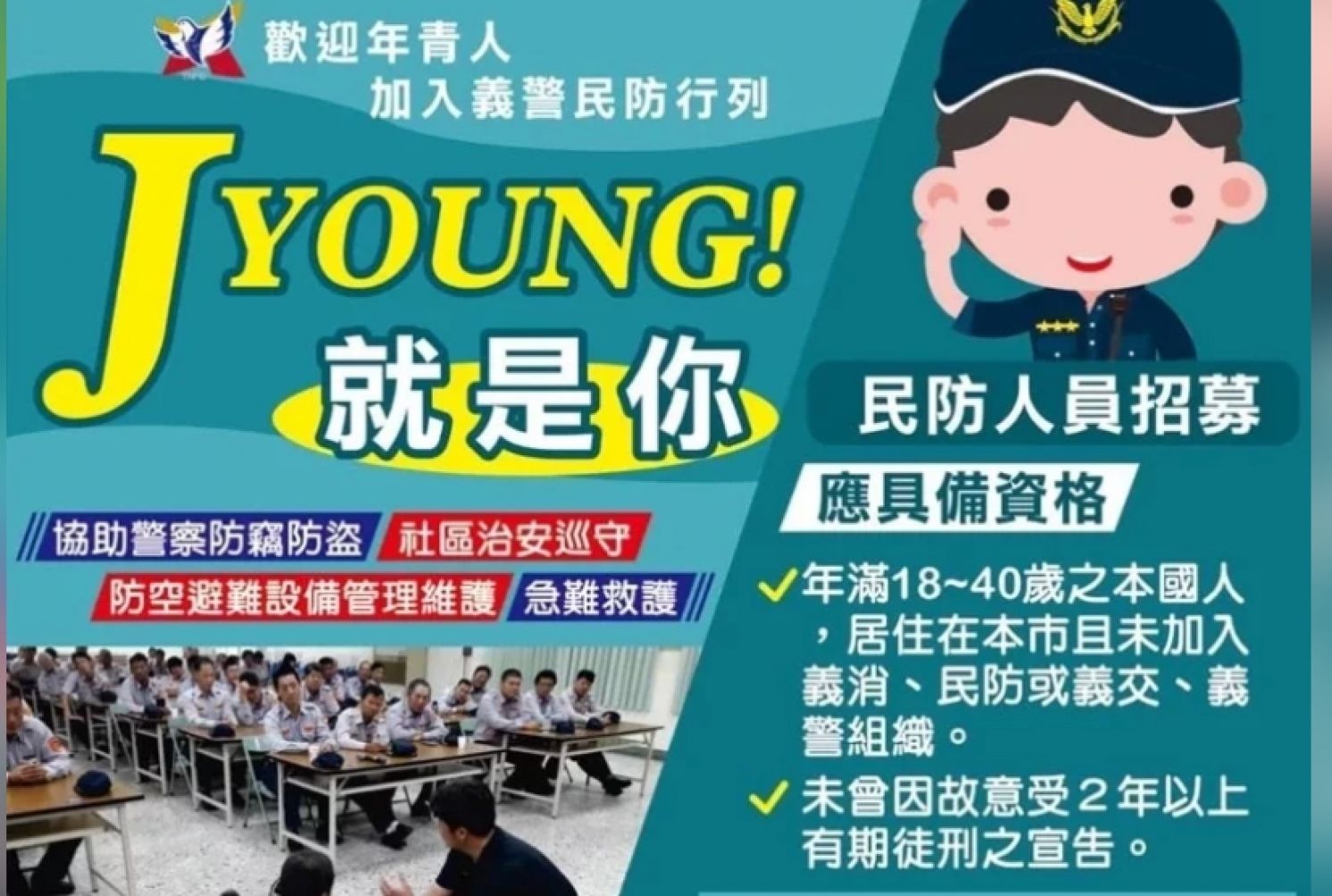
This Week in Taiwan 0430-0506
April 30: Paraguay, Taiwan's remaining diplomatic ally in South America, held its presidential election. Colorado Party candidate Santiago Peña defeated the opposition party candidate Efraín Alegre of the Authentic Radical Liberal Party. Alegre stated prior to the election that he would review ties with Taipei, leaving diplomatic relations at stake in this election. The election results are expected to dispel concerns about Paraguay's potentially switching diplomatic recognition to mainland China.
May 1: According to a poll by the United Daily News, some 34 percent of voters stated that they least want to see the ruling Democratic Progressive Party (DPP) win the 2024 presidential election, significantly higher than the 13 percent for the Kuomintang (KMT) and 14 percent for the Taiwan People's Party (TPP). According to the survey, New Taipei Mayor Hou Yu-ih and Hon Hai Precision Industry Company (Foxconn) Founder Terry Gou have equal support for representing the KMT as the party's nominee. If all three parties field candidates in the election, Hou and Gou each command a small advantage over the DPP's William Lai.
May 3: According to media reports, Taiwan has purchased 66 F-16V fighter jets form the United States, but the first batch of deliveries originally scheduled for the beginning of this year was delayed. The Ministry of National Defense (MND) confirmed that the delivery time has been delayed to the third quarter of next year, but the order will still be fully delivered by the end of 2026. On the question of whether there will be a gap in combat capabilities, Minister of National Defense Chiu Kuo-cheng stated that the MND has two response measures. The first is to increase the proportion of active F-16 fighter jets in good order, while the second is to ask the United States to prioritize providing fighter jet parts that are vulnerable to wear and tear.
May 4: Responding to President Tsai Ing-wen's call to establish the concept of all-out defense, the National Police Administration, Ministry of the Interior issued an official document mobilizing police stations across Taiwan to recruit young people aged 18 to 40 to join the ranks of volunteer police or civil defense. According to the recruitment advertisement, recruited citizens will be asked to assist with maintaining public order or self-defense in the community four hours a month and receive four to eight hours of training each year. Additionally, recruited citizens shall participate in national defense exercises and assist with traffic control and evacuation, assist in major disaster relief efforts, and support military logistics.
May 5: The Taiwan Tax Agreement of 2023, legislation co-sponsored by both parties in the United States Senate Committee on Foreign Relations, intends to authorize the Biden administration to negotiate and sign a tax agreement with Taiwan to avoid double taxation for U.S. and Taiwan companies and prevent tax evasion, so as to encourage investments between the United States and Taiwan. The Ministry of Finance expressed optimism towards this development.
May 5: The operating report to shareholders of the Taiwan Semiconductor Manufacturing Company (TSMC) indicates that 2nm (n2) technology is expected to be mass-produced in 2025, and the process technology will be located in the Hsinchu and Taichung science parks. Compared with N3E, N2 is 10 to 15 percent faster at the same power consumption and consumes 25 to 30 percent less power at the same speed. The developments will further extend TSMC's future technology leadership.
May 5: U.S. Director of National Intelligence Avril Haynes indicated before Congress that if the TSMC were blocked, it would affect global finance on a scale from $600 billion to $1 trillion a year for a few years. Haynes stated that according to the continuous assessment of the United States, Chinese President Xi Jinping prefers to achieve reunification through peaceful means. Xi also instructed the People's Liberation Army to devise military means so that China can unify Taiwan without U.S. interference.
May 5: U.S. Representative Michael McCaul, current chair of the House Foreign Affairs Committee, stated in an interview that the main purpose of former President Ma Ying-jeou's visit to China was to discuss "puppet candidates" with Beijing. In a statement, Executive Director Hsiao Hsu-tsen of the Ma Ying-jeou Foundation criticized Representative McCall's remarks as wrong and inconsistent with the facts, seriously slandered the former president, and were inappropriate comments about Taiwan's presidential election. Hsiao demanded that McCall formally clarify and apologize.